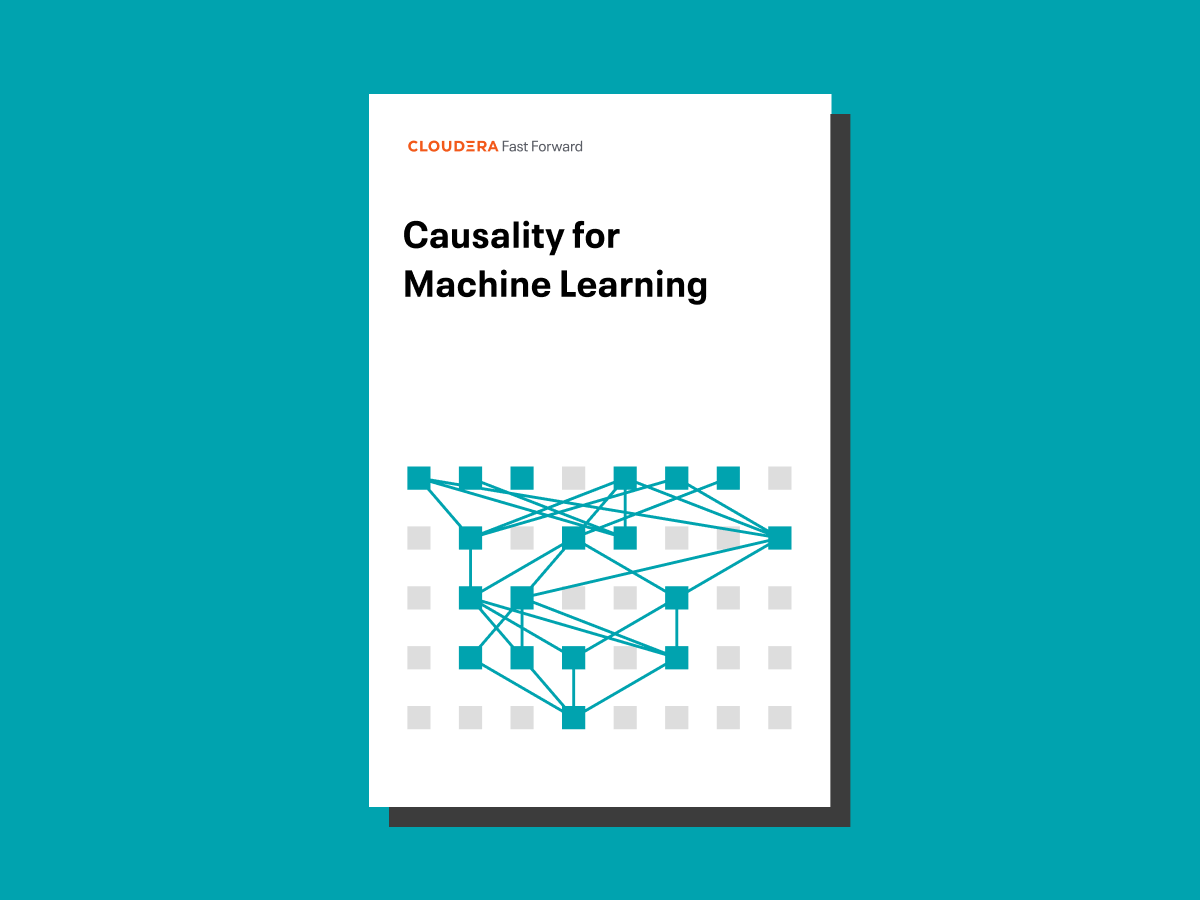

Provide some of the most robust results in research on the effects of Studies that employ natural experi-ment designs Natural disaster) or by someone’s arbitrary decision (such as drawing aĭiscretional border).

Not led by a researcher but was triggered by natural forces (such as a So-called natural experiments are setups whereby random assignment was These cases, one could use experiments that have occurred by chance. Var-ious municipalities would be complicated for various reasons. To randomly assign numbers of police officers to Consider again our example of re-searching the effect of Performing experiments, however, is not alwaysįeasible. Would hypothetically react to the intro-duction or breach of legal Investigating how audiences perceive law or, for instance, how audiences Generaliza-tion to other groups in the population.Įxperiments, often population-based, are compatible with research

Participating in lab experiments (usually students) precludes making High control over experimental treatments. On internal validity as in these setups researchers typically have a The downside is that theĮnvironment is often less control-lable, which may impair the internal
What is causality in research how to#
How to design your research if the goal is to make a causal statement? If that holds true and one does not controlįor affluence, the relationship between the size of police force and Likely to commit (street) crimes, but more affluent areas can alsoĪfford more police forces. Income of residents living in a given area. This relationship may be drivenīy a third variable, such as affluence approximated by the average Suppose you found a negative relationship between the The other hand, stems from the fact that the observed relationshipīetween X and Y might be induced by a third variable Z, which causesīoth X and Y. The rate of crime, would she conclude that police causes crime? TheĪnswer is of course no, as it may also be the case that more crime leads Observes a positive rela-tionship between the size of police force and Or X<-Y or maybe both? Coming back to the example above, if a researcher Reverse causality implies that by lookingĪt the relationship between two variables (say, X and Y), one is notĪble to discern what the direction of the causal channel is is it X->Y Researcher), namely reverse causality and omitted variable bias In which the independent variable is not manipulated by the To do with two major problems related to observational stud-ies (studies Other hand, tell us nothing about the causality between the two? It has The number on police forces on the one hand, and crime rates on the Causal inference so complicated? Why does the relationship between, say,


 0 kommentar(er)
0 kommentar(er)
